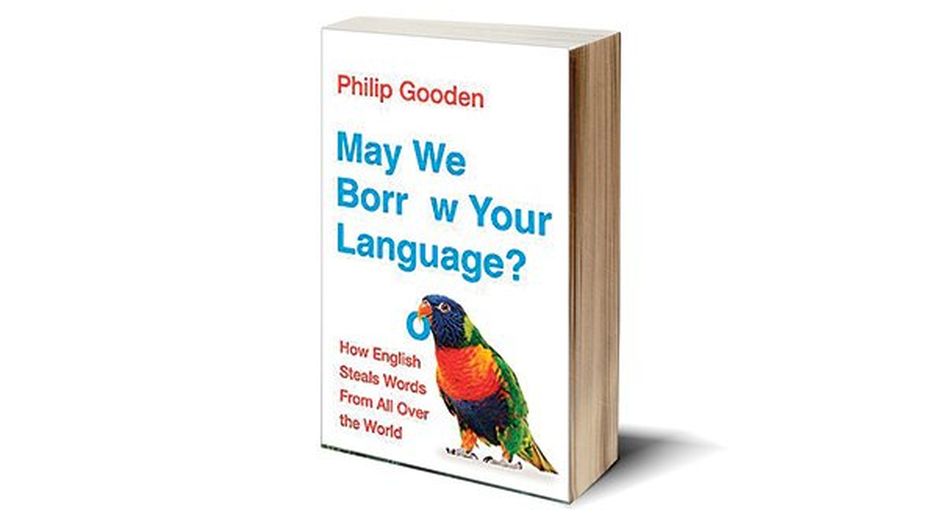EC issues warning to Tharoor over ‘unverified charges’ against rival Rajeev Chandrasekhar
Tharoor had alleged that Rajeev Chandrasekhar offered money to voters and religious leaders in exchange for votes.

May we Borrow your Language? (TWITTER)
The English are at it again, looting and pillaging as they have done through colonial times. The only point is, this time it’s not the Kohinoor or the wealth of Bengal that they are accused of running off with but a wealth of language. Philip Gooden’s book is designed to tell us how English became the rich language it is today —aptly illustrated by the number of synonyms for loot on the cover! Actually “borrow” is probably the best word since the original ones still remain in the languages they came from and the language has in some cases transmuted the word.
Gooden chooses to organise his book differently. According to him, English disponges from other languages. Disponge by the way is a word that Shakespeare used to describe squeezing out of a sponge. The word did not survive but English continued to sponge with vim and vigour. Gooden provides a list of the stolen words starting with the earliest — “thing” for example, is spelled with a Viking thorn instead of a “th” since the “th” did not then exist in the language — and while talking about the word, taking the reader back through a kind of history of similar words and where they came from.
Many words came with the marauders who invaded England, like the Vikings, the Romans and the Normans. Not surprisingly, Shakespeare is responsible for quite a few words like “disaster” and “incarnadine” and occasionally affecting the use of language by turning nouns into verbs. And then when the English did set out to look and pillage on their own account, as Shashi Tharoor accuses them of doing, they brought back words with them as well as treasure.
Advertisement
Sugar for example is related to sakkar while “shampoo” comes from the Hindi champna. However, Gooden rather oddly does not delve into the Indian lexicon, restricting it to nirvana and juggernaut, not to mention doolally, which has gone out of use but comes from Deolali in Maharashtra where the Brits set up a transit camp and where people succumbed to melancholy from the malarial miasma.
The blow to Indian linguistic pride notwithstanding, the facts that accompany these words make for a fascinating collection of trivia — for example, the first American lexicon was compiled by Samuel Johnson Junior who was no relation to the venerable Samuel Johnson responsible for the first English dictionary. Milton’s “pandemonium” meant exactly the opposite when it was first coined and the dreaded juggernaut was first seen in action by a group of French priests! “Mumbo jumbo” comes from west Africa where it was a name given to a dancer who acted as third umpire in women’s squabbles.
Gooden adds an interesting series of footnotes as well. Murphy’s Law, for example was coined by John Bangsund to describe how, “if you set out as an editor to highlight someone else’s written errors, you will inevitably make ones of your own”. Of course Murphy’s Law has come to mean something else altogether by now.
The book is entertaining and rich, highlighting the fact that English has never stood still — one of the latest words dates to 1954. But then, that would apply to an Indian language like Bengali as well. Languages have the freedom to reach out and borrow and then reinvent themselves all over again. In the process is a kind of shape-shifting that Shakespeare would have appreciated if it had been pointed out to him.
The reviewer is a freelance contributor
Advertisement